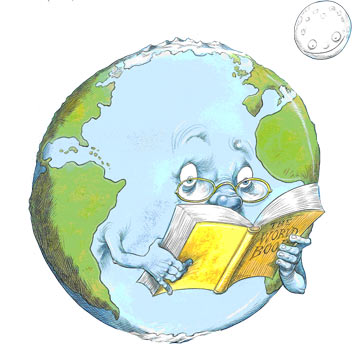Traveling with a child: Good medicine for the soul
As a result of a school grant , I was able to travel with my partner and our four year old daughter,
Bella, to the Pacific Northwest for three weeks, combining
camping and Bed & Breakfast stays. The adventure began when we flew into
Portland, Oregon and rented a mini-van. Our journey took us through five
states, five National Parks, and 3306 miles in three weeks.
As a U.S. history teacher, it was quite powerful to see the
majesty and varied terrain of the five states we visited. Simply put, we were
in awe. We were also reminded of the simplicity of seeing the world through a
child’s eyes. In our post 9/11 world, we, adults, are so cautious and sometimes
distrustful. When I was a child, it was absolutely normal to run outside after
returning home from school and playing with neighborhood children. Yes, there
was “stranger danger” but not like today. There was something about camping in
National Parks that allowed us to go back to that era. Each time we set up a new camp Bella asked us
to help her find a new friend. Believe me, she did not need help. She broke
down walls of unfamiliarity with ease. Yes, we were with her to be sure she was
safe yet, her ready smile and genuine desire to meet new people collapsed any
barrier that we adults put up when meeting people outside of what is familiar
to us.
Beyond finding new friends, Bella reminded us that we can
create new adventures with anything that surrounds us. In Olympic National Park
we walked to the beach and immediately, she began racing the waves. As the tide
went out, baby dungeness crabs littered the beach. She said she wanted to save
the “taxicrabs” and send them back to the ocean. She did not need a pre-determined
set of rules or planned activity. Yes, again, we were there to keep her safe
but she explored, created, and learned. Our little adventurer helped us have a
truly grand journey on land and in our hearts. Perhaps we all need to let our
guard down a bit more in order to meet new friends and create new adventures of
our own.






